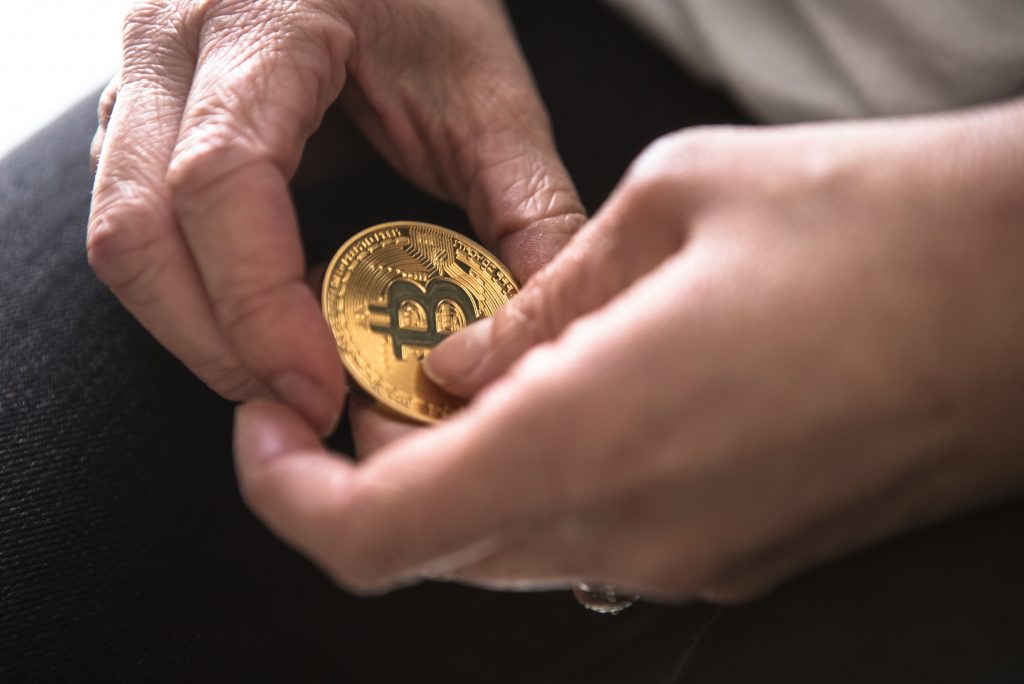How to avoid being scammed when investing in cryptos
By Randell Tiongson on July 13th, 2018
 In one of my posts in my Inquirer column, I answered some of the common questions on bitcoin in particular and cryptocurrencies in general. That emanated from one single question I received from a Facebook follower: “Should I invest in bitcoin?” Read post HERE
In one of my posts in my Inquirer column, I answered some of the common questions on bitcoin in particular and cryptocurrencies in general. That emanated from one single question I received from a Facebook follower: “Should I invest in bitcoin?” Read post HERE
Cryptocurrencies such as bitcoin are – unlike fiat currencies – digital currencies built on a decentralized ledger called blockchain. Although some countries allow cryptocurrencies as payment for, say, taxes, I should again have to reiterate that cryptocurrencies are, unlike fiat currencies, not regulated by a central authority such as governments’ central banks.
Because of the meteoric rise of bitcoin prices (and may I add, intermittent dive), the brave and bold are lured to try their luck in cryptos. Unfortunately, also lurking in the market are bad actors such as scammers and imposters ready to pounce on inexperienced investors.
Thus, if you are bent on investing in cryptocurrencies, it is important that you take your security into your own hands.
How then can you avoid being scammed?
If someone tells you that they can invest your bitcoin for you, say NO!
If you are interested to invest in cryptocurrencies, do so yourself. Do not add another layer of risk by getting someone to handle the investing for you. You should be ready to do the heavy lifting at the start: By studying the technology behind cryptocurrencies, risks involved, pitfalls, and mechanics that range from setting up and securing your digital wallet to online trading.
Don’t want to learn? Prices of cryptocurrencies are highly volatile. If you do not have the will to study what you are getting into, then better bring your money to traditional havens where you have a deeper knowledge of, such as real estate or mutual funds.
Always remember this: Never invest in something you do not understand!
If someone promises a hefty profit, BEWARE!
Today’s scam techniques have become more sophisticated as these combine the multi-level marketing scheme with the sexiness of bitcoin (or gold, or whatever form of asset is the “in thing” these days).
A recent example is the case of the Filipino couple who syphoned off P900 million from those who invested in their “bitcoin investment” company after being promised up to 30 percent cashback in 16 days.
That promise ensnared a lot of clients.
Fact check: The company was later found to be registered as a computer shop, and therefore not authorized to engage in trading. The couple employed a referral system – specifically, the pyramiding scheme – in their scam.[1]
Note that in most countries, bitcoin per se is not a scam. It is the method employed by fraudsters (such as when a “business” earns money through referral links and not through legitimate operations or products) that gives bitcoin a bad rap among the uninitiated.
Do not base decisions to buy/sell coins or tokens mainly on social media tips or just because there are sudden price hikes.
This year, the US Securities and Exchange Commission and US Commodity Futures Trading Commission have advised customers not to purchase virtual currencies, digital coins, or tokens based on social media tips or sudden price hikes.
The noise from social media is not an indication of the soundness of an investment. Neither is a sudden price hike an indication of a bullish streak. As shown by bitcoin’s pricing history, crypto prices are volatile.
Learn how to protect yourself from becoming a phishing victim.
Although the cryptocurrency market is still nascent, there are today a number of registered, responsible and compliant businesses that offer cryptocurrency-related services such as exchanges, wallets, and new coins or tokens through initial coin offerings (ICOs) and token sale.
That said, because bitcoin (or more accurately, blockchain) is the latest tech darling, online scammers are not far behind. These can be tech-savvy ones who use social media to direct victims to fake websites. Phishing involves getting a user to enter personal information via this fake website. Here, phishing scams trick you into giving out personal information (such as your digital wallet’s private key).
Want to sift the best ICOs (i.e., the ones with long term value) from the substandard ones? Do your homework. Do it the old-fashion way: RESEARCH.
Do not base your decisions purely on what social media says. Instead, do a background check on the ICO or token crowdsale. Review and analyze the offerors’ whitepapers and business models. Check how they are rated by listing sites. Check their github (Github.com), if public, for their level of engagement in the developer community. Investigate the expertise of the executive teams.
This list of suggestions is not all-encompassing as there are more best practices to follow once you have started creating your digital wallet (if you don’t know what this term is, it just means you still have a lot to learn about crypto investing). It goes without saying that since cryptocurrencies are traded online, it does help if the interested investor is at least a technophile.
Shout-out to Traxion.Tech CEO Ann Cuisia for some of the input here on cryptocurrencies. Her team is leading a project that aims to transition people, business, and governments to a crypto-ready society via an open source inter-Blockchain ledger platform using Hyperledger Fabric.
[1] http://cnnphilippines.com/news/2018/04/10/bitcoin-scam-pnp.html

